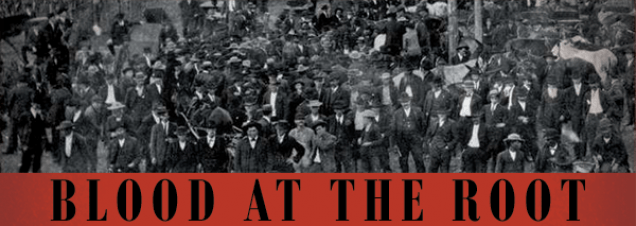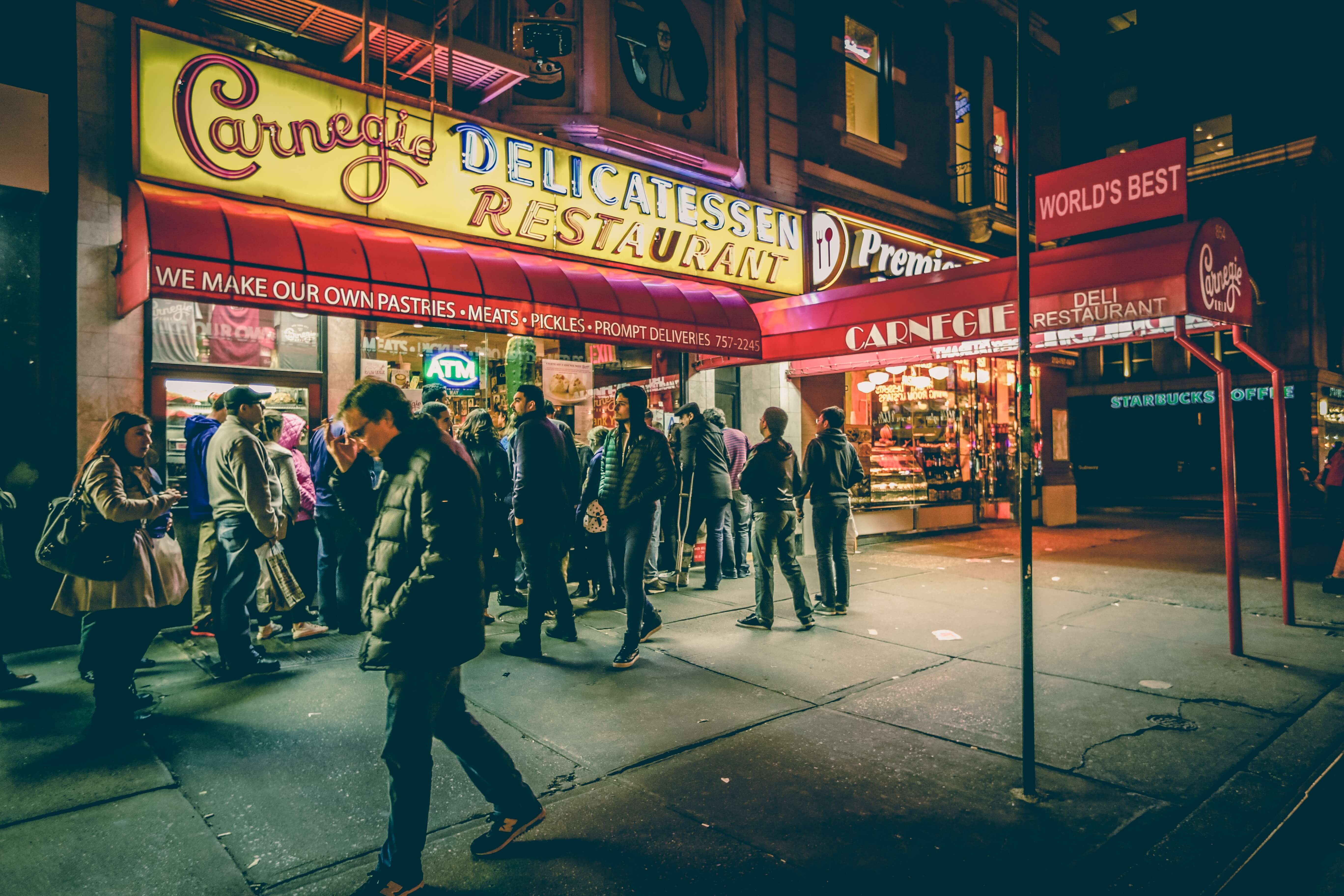Dear Lyndsey,
How much is enough?
How much money is enough?
How much charitable work is enough?
How much family time is enough?
How many working hours is enough?
How much relaxation is enough?
And on…
It’s broad, I know.
Dear friend,
The short answer is: probably less than you think.
That’s not a popular message in my corner of the world. I am surrounded by various cults of productivity, self-improvement, biohacking, and hustle. I encounter hundreds of advertisements every day, all designed to convince me I need more stuff. And magazines and mommy wars claim that an optimized life includes a sparkling home with a subway-tile backsplash, two children with good grades who play sports and instruments, regular promotions, six-pack abs, and a pretend-naughty-but-actually-perfectly-respectable amount of wine.
These days I constantly ask the question you’re asking, and it’s always because I’m pursuing a worthy goal: a balanced life. I think that if I planned out my days, resources, and priorities correctly, I’d be able to give and do as much as possible while also leaving enough space to simply enjoy my life. At the outset, it feels like an easy matter of calculation. You’ll have it all together if you make enough money to pay for healthcare and go out to eat twice a month; only say “yes” to the volunteer commitments that actually sound fun; and do some creative accounting to move “attend your nephew’s soccer game” from the onerous family commitment bin to recreation.
I think your question reveals that you know it doesn’t actually work that way. No matter how many commitments and adjustments you make, things never go the way you planned them and you always wish you could have (or give) just a little more. You’re still behind at work and eating cereal for dinner. Still finite.
The thing is, a balanced life—a life where you are able to have enough and give enough—isn’t a tangram puzzle of master schedules and productivity hacks. It’s a life that fully embraces finitude.
There was a time when an overzealous reading of books like Radical and Crazy Love made me think that God regularly calls everyone to perform superhuman feats of faith just because He can. Of course, I can never do enough to solve world hunger or fix my friend’s PTSD. Of course, I would say to you—but for a long time, I refused to really believe it. I fell into the same trap as a lot of nonprofit organizations: I saw how much needed to be done, and I thought that was some kind of summons to try to do it all. And in the process, I demanded more of myself than I ever would have expected of anyone else. That’s where pride came in: I thought I was special, strong, or spiritual enough to take on whatever work, overwelm, and abuse the world threw at me without needing a break. I listened to the productivity experts, the volunteer pleas, the charity commercials, the guilt sermons from resentful and jaded “servants,” and tried to best all of their demands. In the end, I became special in the sense that I was especially exhausted and unable to be of use to anyone.
There may be a time or two in most of our lives when our calling really is too big for us, and only God can get us through; but just because those can be times of great spiritual growth doesn’t mean we’re supposed to go around seeking out crises and crusades and grinding material poverty. And if God wants you to become Mother Teresa, God’s not going to hide it from you—God’s going to speak to you audibly like She did to her. For me, embracing finitude means I’ve had to learn to be content with just the little tiny piece that I can do. Far more than when I drag around too many burdens with a somber look on my face, I help the world when I do my small part with excellence, gladness, and faith that God will complete the work.
Here’s another way to put it: embracing a life of less teaches us to believe in true abundance. When we pare down our budgets, we find ourselves enjoying simple pleasures and creative pursuits—and delighting that much more in the indulgences we do have. When I stopped volunteering so much, I had more time to learn from other people and therefore improve the work I did—and I became overwhelmed with gratitude for all the good work others were doing in the world. When I obsess less about the number of hours I need for work and play, and instead focus on doing them both with wholeheartedness, I find I am better able to hear my body, spirit, or family say enough.
Enough is the amount that leaves some margin in your life: money for an impromptu dinner party or gift; time for a neighbor’s crisis or for just daydreaming. Margin is peace of mind. Margin is grace for yourself and others.
Enough is different for everyone. Just because Instagram Ingrid has a six-figure job and a Paleo meal on the table every night doesn’t mean you have to live up to her standards. God is wildly creative; God may have Instagram Ingrid right where she needs to be. But even if your enough turns out to be objectively less than hers doesn’t mean you are less than her.
In Luke 10, Jesus says that one thing is enough: to spend time with him and hear his voice. Everything else can be held loosely; nothing else adds to who we are. It is enough to be a child of God. It is enough to ask Spirit for help, and then do our best. It is enough not to take ourselves so seriously. It is enough to be content.
When in doubt, dear friend, don’t ask whether you should give, do, or have more; ask whether the thing you’re adding helps you be more present and more yourself with the work, the people, the time you’ve been given. Don’t be afraid to be small. Don’t be afraid to believe there is abundance beyond you.
Hoping that is enough,
Lyndsey

